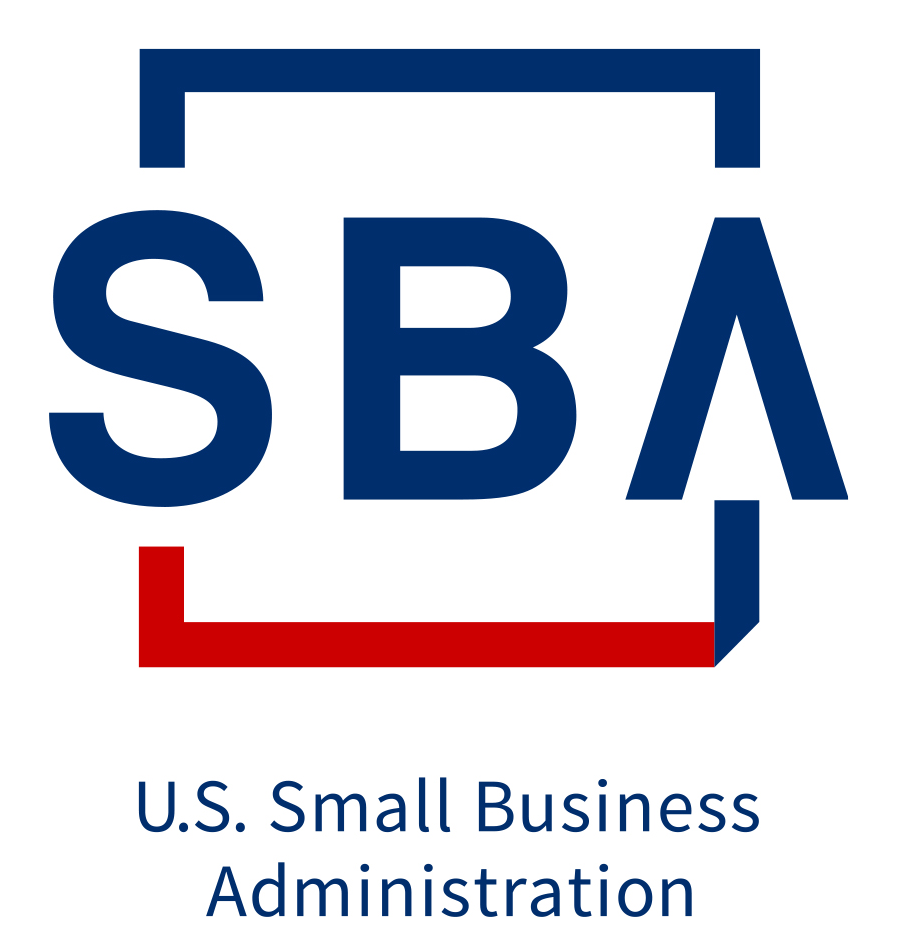What is active listening? Active listening is a practice that was created by experts in communications that are to help improve communication and implement effective communication skills between individuals and groups. Let’s face it, interviews are maybe the most stressful conversations to have. Active listening is a technique taught to achieve better communication in the often-stressful environment of the hiring interview between both interviewers and interviewees. According to job search expert Judith Verity, author of Succeeding at Interviews, “the goal of active listening is to forge and maintain an effective channel of communication between two or more people. To achieve this, it’s vital to ignore all distractions and focus deeply on what the other speaker is saying — both through words and through body language. Another important element of active listening is analyzing and then paraphrasing what the other speaker has said in order to ensure mutual understanding.”
So I’m sure by now you’re asking yourself, “what are the benefits of active listening?” Follow these four tips and learn how you can incorporate active listening into the interview process and land the dream job you’ve been longing for.
- Focus to Finish! In today’s society, our attention is constantly distracted and disrupted by an influx of external distractions. Because of this, our attention span for conversation has suffered tremendously. Unlike writing a paper, or reading a book – during an interview you have no room for error and can not allow to miss a single word spoken by the interviewer. If you feel like your mind may drift during the interview, remind yourself why you are there and focus on the task and goal at hand.
- Don’t Just Use Your Ears. You’ll be using more than just your ears to listen during this interview. Body language and tone of voice play just as much a role as the actual words being spat out during a conversation. Make sure you’re in tune with the interviewer’s voice and expressions to gain context clues on how the interview is going. Sometimes this could be an indication of how you should adjust to his or her interview style.
- Change places. Change the role and imagine you were in the interviewer’s seat. What answers would you want to hear? Having the nerve to do this will give you an edge during the interview. Role reversal is critical if you’d like to “control” the interview.
- Summarize the question. Sometimes in order to fully grasp all the information from the sender, the receiver must paraphrase the context given. Don’t slow the pace of the interview by hanging on to every word, attempting to soak in every line. Summarize what you think your interviewer wants to know and ask for confirmation before proceeding. If more information for a question is necessary and you don’t necessarily know what you’re being asked, then ask for clarification.
Complement these tips with great posture and a clear tone of voice and you should go from active listening to a job offer in no time. Whether you’re applying for a position directly or going through a staffing firm, this technique you just learned will be essential.
Interested in learning more information on staffing agencies from the prospective employees’ or the prospective clients’ point of view? Visit other entries on the blog and our Job Search page with all available listings.
<!–














